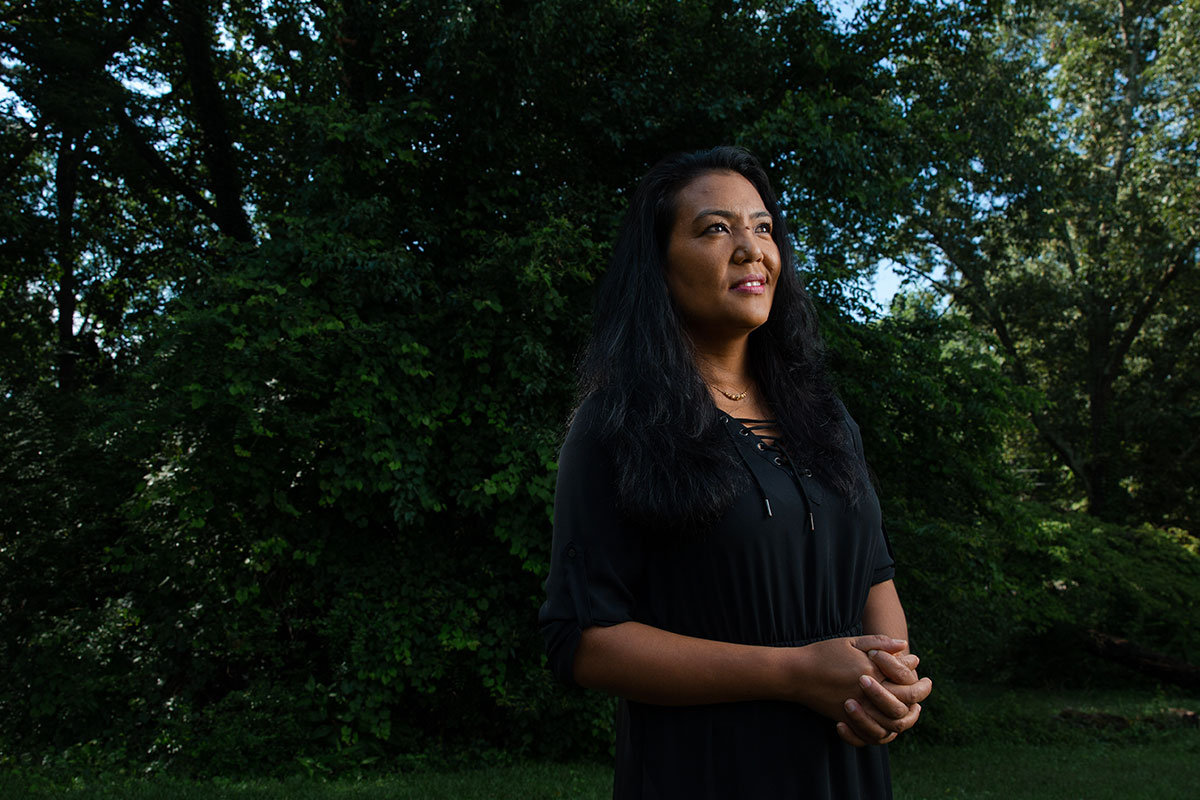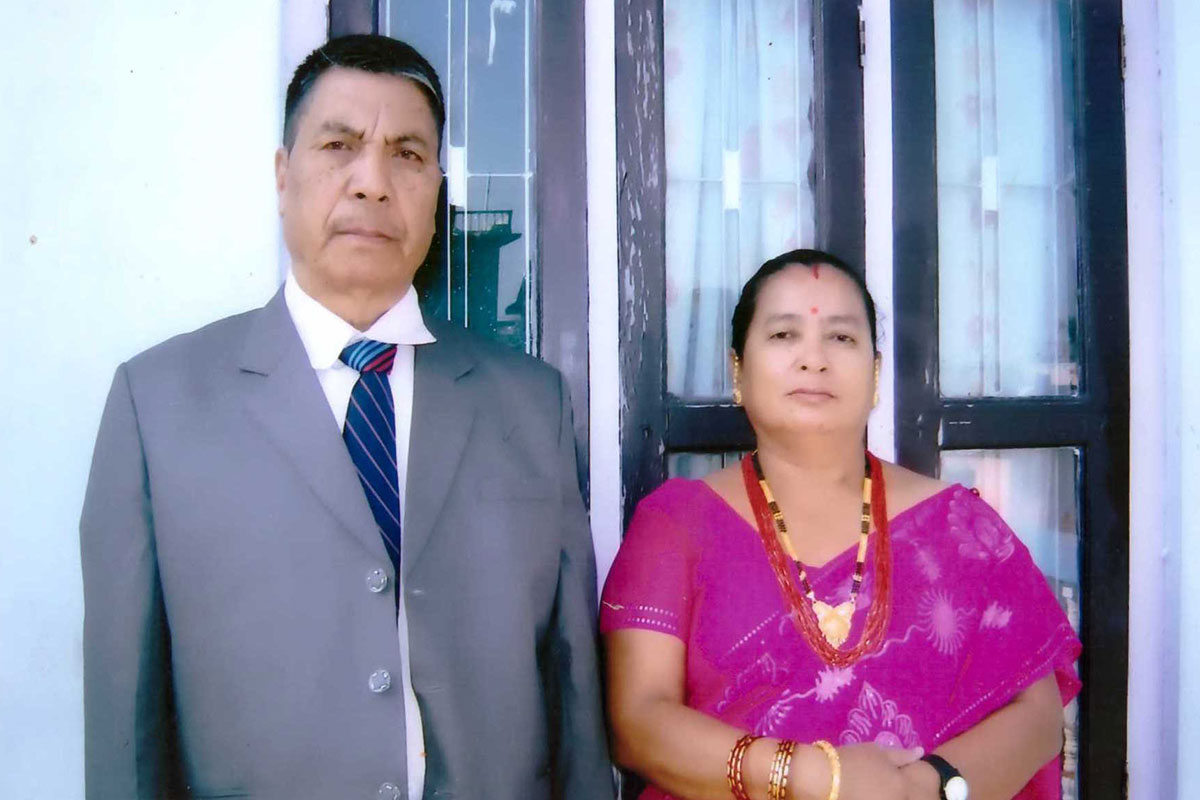
Share the Story on FacebookShare the Story on TwitterShare the Story via EmailShare the Story on LinkedIn
|
Seeking Refuge in the Care of Others
Not that long ago in a bamboo structure with a simple chalkboard, Bhima Thapa sat on the floor to soak up all that she could learn from her teacher. For seventeen years, Bhima grew up and lived in the Beldangi Refugee Camp in Nepal. She was just eleven years old when her family was forced to flee Bhutan and settle into the refugee camp.
“The Refugee Camp in Nepal is a place where over 100,000 refugees carved out a clearing in the jungle, striving to survive,” Bhima says. “We had limited access to technology that people around the world had easy access to and kids in the camp were all basically equals. We all just went to school.”
At the camp, there was a small health services center, but Bhima and her family still saw many sick with preventable illnesses such as measles, scurvy, TB, malaria, and cholera.
“I held my grandfather’s hand as he passed away,” Bhima remembers. “All I could think was, I wish I could have done more. I wish I could have helped him.”

“I held my grandfather’s hand as he passed away. All I could think was, I wish I could have done more. I wish I could have helped him,” Bhima remembers.
Moved by what she experienced in the camp, Bhima is attending Clayton State University pursuing her dream of becoming a nurse. She plans to graduate in fall 2019.
“I have heard and seen so many more stories about health issues in the refugee camp. These kinds of stories really make me want to make a difference in the lives of others. I really need to help people who really do not understand how to take care of themselves and (get) the medicines possible for treatment,” Bhima says.
Her road to nursing school has been a long and winding path. Several years ago, Bhima started college in India on a science track. After finishing college, she returned home to the refugee camp in Nepal, where she met her husband, Man. She and some of her family eventually had the opportunity to resettle in the United States in 2008. It took time for her and the family acclimate to their new environment and establish jobs.
“In 2012, I went back to Nepal and married Man. It took two years for us to go through the process to get him into the United States,” Bhima explains. “We were apart for about four years, but I was so busy learning how to sustain life here in America and my responsibilities kept me busy instead of thinking how much I missed him. Now that we have settled, we have two-year-old, Ashwin.”
Since settling in Snellville, Georgia, Bhima has been very active within the refugee community, working as a host on a local show for Voice of New America in Sagal Radio Services. The program is focused on women’s issues and settling in as a refugee. For several months, she aided with disaster relief efforts with Nepal Red Cross.
While her family and siblings have settled in America, her parents are still living in the refugee camp.
“My parents still live in the refugee camp and it’s hard for them to get here. Every day as they are aging, I just wish they were here. We talk every day, but when they are sick and so far away, it just makes me very sad,” says Bhima.

“My parents still live in the refugee camp and it’s hard for them to get here. Every day as they are aging, I just wish they were here. We talk every day, but when they are sick, and so far away, it just makes me very sad,” says Bhima.
Being here at Clayton State is helping her get closer to her dream. Though still undecided about which path in nursing she wants to take, Bhima likes the idea of working as a pediatric nurse or in labor and delivery. Ultimately, she plans to return to the refugee camp as a volunteer nurse to provide the care that so many needed during her time living there.
“Beyond the classroom and the workplace, my experiences in the refugee camp are with me forever. Earning my nursing degree will enable me to one-day conduct medical mission work,” Bhima said. “There are things that can never be conveyed in a lecture hall–the sights, sounds and smells that never leave you.”
Read more stories from this issue
